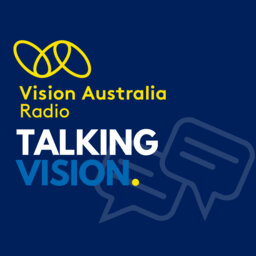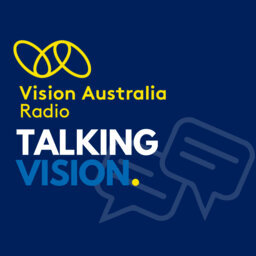Talking Vision 712 Week Beginning 22nd of January 2024
It's a special Midsumma Festival edition of Talking Vision this week as we share a highlight package of the interviews from Carnival Day on Sunday 21 January.
We start off with Sam and Tess speaking with Karan Nagrani, blindness and low vision ambassador for Midsumma.
Later on in the show Sam and Tess are back again with Nilgun Guven from Vitae Vertias who joined them to speak about the latest audio description services available for the festival.
And finally to wrap up, Sam and Yvette catch up with Lena Molnar from Women with Disabilities Victoria, who are committed to providing a more safe and inclusive state for women with a disability.
In 1 playlist(s)
Talking Vision by Vision Australia Radio
Vision Australia Radiothon is on now. Donate via www.varadio.org and make a tax deductible donation …Social links
Follow podcast
Recent clips

Talking Vision 819 Week Beginning 16th of February 2026
28:59

Talking Vision 818 Week Beginning 9th of February 2026
28:10

Talking Vision 817 Week Beginning 2nd of February 2026
27:37
 Talking Vision by Vision Australia Radio
Talking Vision by Vision Australia Radio